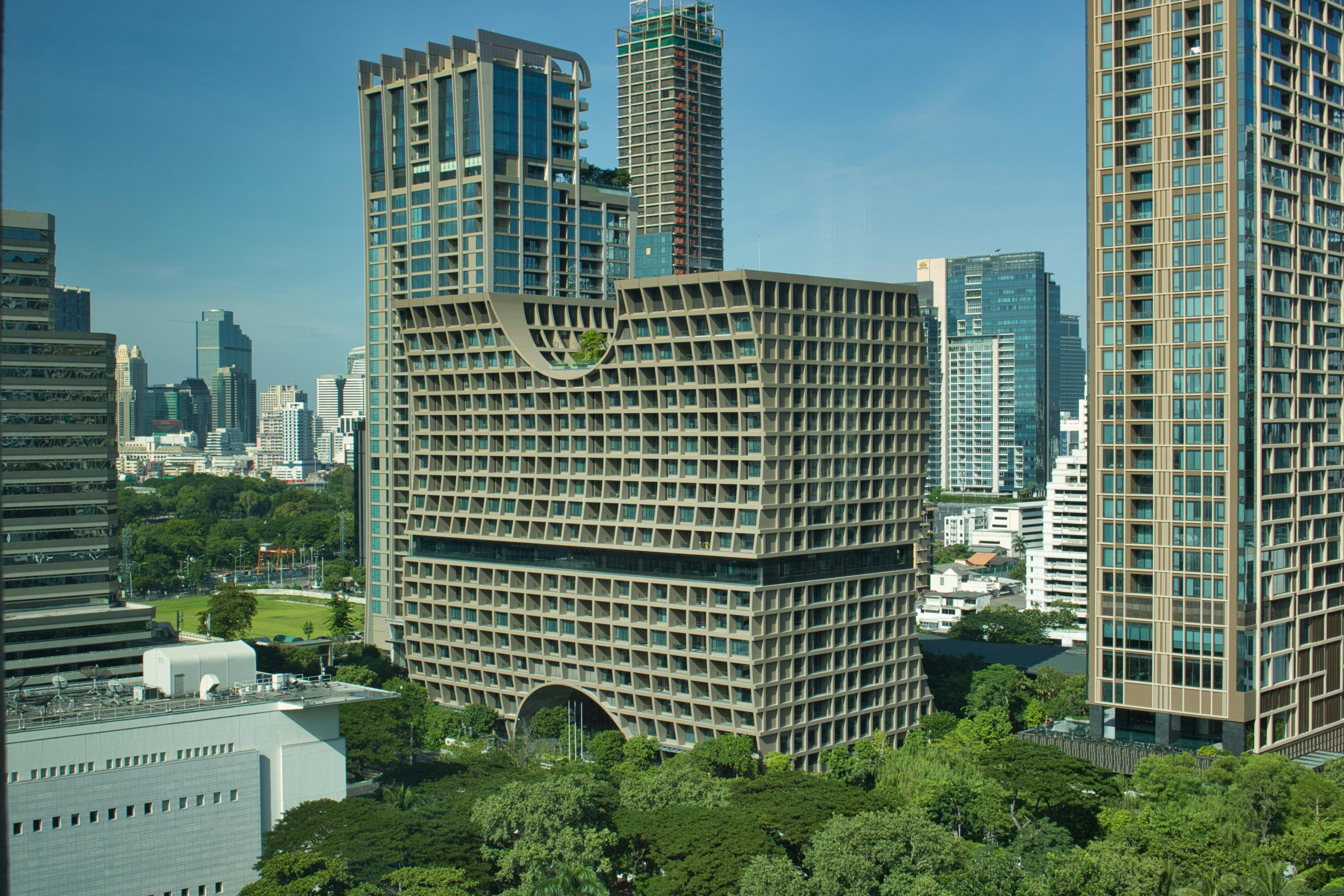Innovative Solutions for Managing Traffic Flow
Every day, millions of people around the world are faced with the frustrating and time-consuming task of sitting in traffic. Whether it’s on their daily commute, running errands, or trying to get to a special event, traffic congestion is a major issue that affects us all. Not only does it waste valuable time and increase stress levels, but it also has a negative impact on the environment. This is why the development of innovative solutions for managing traffic flow is crucial in today’s society.
The Current State of Traffic Congestion
The increase in vehicle ownership, population growth, and urbanization has led to a significant rise in traffic congestion in major cities. According to a report by INRIX, a transportation analytics company, drivers spend an average of 74 hours stuck in traffic per year in the United States. In addition, the cost of congestion in the US alone is estimated to be over $87 billion annually.
Not only does traffic congestion have an impact on our daily lives, but it also has significant economic implications. Businesses lose money due to delays in delivering goods and services, and employees are less productive due to the time wasted in traffic. Moreover, the increase in vehicle emissions caused by idling cars in traffic has a detrimental effect on the environment.
The Need for Innovative Solutions
As the world continues to progress, the need for innovative solutions for managing traffic flow becomes more urgent. Traditional solutions, such as building more roads and expanding public transportation, are no longer enough to combat the ever-increasing traffic congestion. This is why governments and private companies are investing in new technologies and systems to improve traffic flow.
Traffic Management Systems
One of the most promising solutions for managing traffic flow is the use of advanced traffic management systems. These systems use real-time data collected from cameras, sensors, and GPS to analyze traffic patterns and adjust traffic signals accordingly. This helps to reduce wait times at intersections, improve the flow of traffic, and reduce congestion.
Some cities have also implemented smart traffic lights that are connected to a central control system. These traffic lights use algorithms to determine the most efficient timing for red and green lights based on traffic patterns. This not only helps to reduce congestion but also reduces vehicle emissions and fuel consumption.
The Rise of Autonomous Vehicles
Autonomous vehicles, also known as self-driving cars, have the potential to revolutionize the way we travel. With the use of sensors, cameras, and advanced algorithms, these vehicles can navigate traffic more efficiently and safely than human drivers. They can also communicate with each other to avoid collisions and adjust their speed to optimize traffic flow. The introduction of autonomous vehicles on our roads has the potential to significantly reduce traffic congestion and accidents.
Smart City Initiatives
Many cities around the world are investing in smart city initiatives to improve traffic flow. These initiatives use technology, data, and communication systems to optimize traffic management, improve public transportation, and promote the use of alternative modes of transportation like bikes and scooters. By using real-time data and predictive analytics, these initiatives can proactively address traffic congestion and reduce the time commuters spend on the road.
The Future of Managing Traffic Flow
The development of innovative solutions for managing traffic flow is still in its early stages, but the rapid advancements in technology are providing promising solutions for the future. The use of artificial intelligence, big data, and the internet of things (IoT) has the potential to transform how we tackle traffic congestion. This will not only improve our overall quality of life but also have a positive impact on the environment and the economy.
In conclusion, traffic congestion is a significant issue that affects us all, and the need for innovative solutions to manage it is more critical than ever. With the development of advanced technologies and the rise of smart city initiatives, we can look forward to a future with less time wasted in traffic and a more sustainable world for generations to come.










